#medieval queen
Explore tagged Tumblr posts
Text
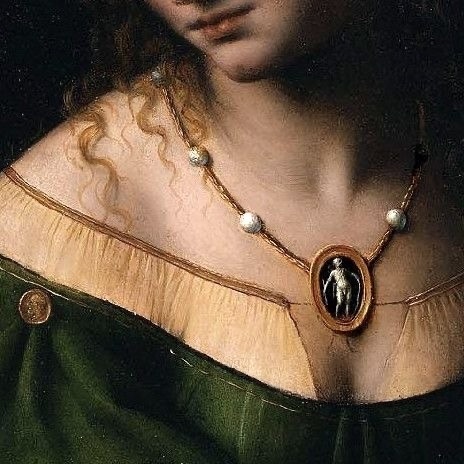
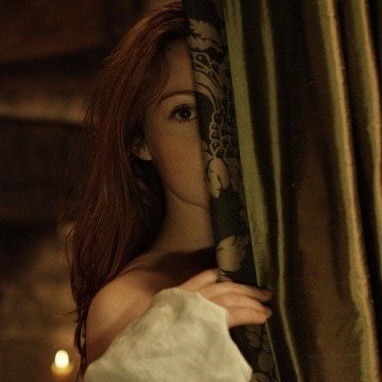
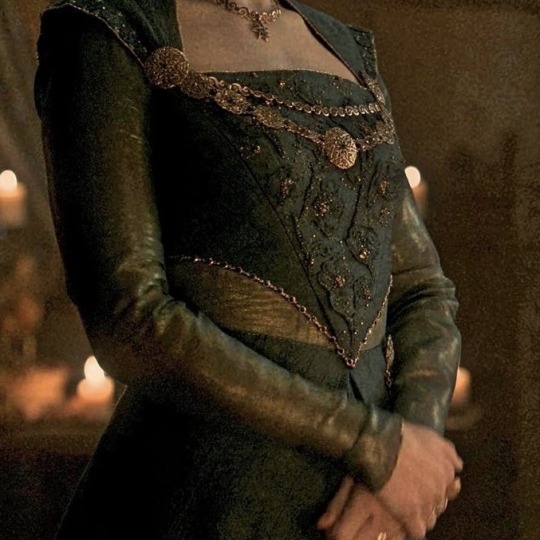
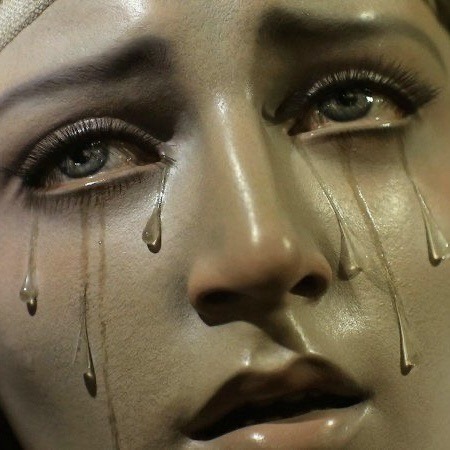
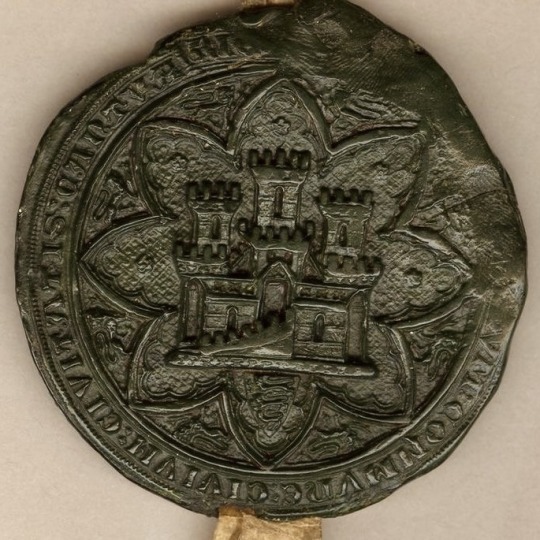
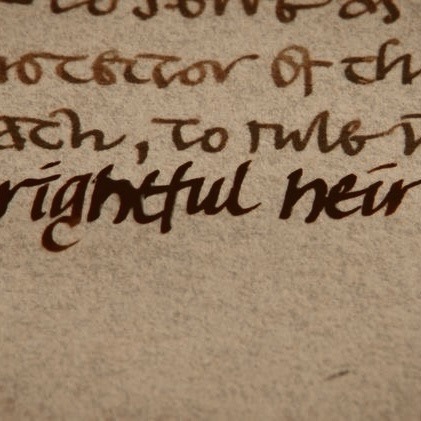
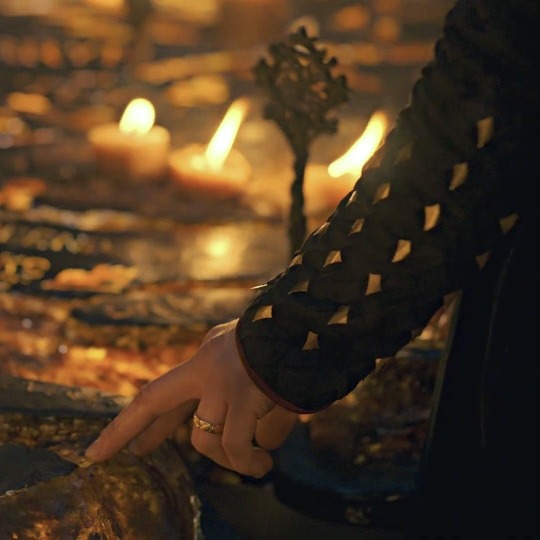
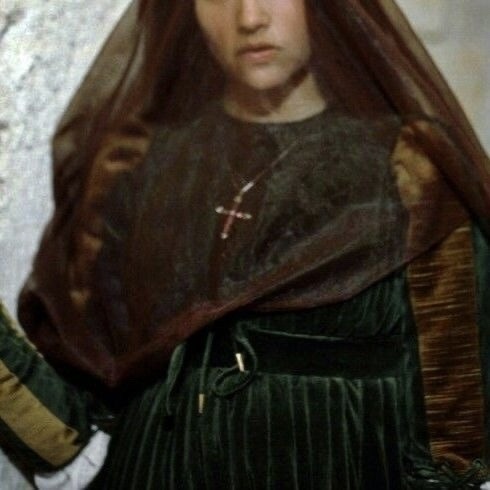
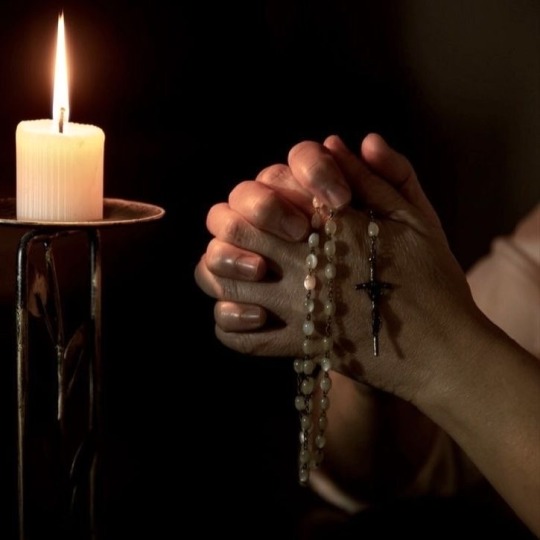
The Greens: Queen Alicent Hightower
“What have I done but what was expected of me? Forever upholding the kingdom, the family, the law. While you flout all to do as you please. Where is duty? Where is sacrifice? It's trampled under your pretty foot again.”
– House of the Dragon Season 1 Episode 7, "Driftmark"
#kindly ignore the explicitly christian images#they’re inaccurate ofc but fit stylistically with her tudor queen shtick#alicent hightower#queen alicent#hotd alicent#alicole#rhaenicent#team green#the greens#the hightowers#house hightower#medieval#medieval aesthetic#green aesthetic#catholic aesthetic#medieval queen#hotd moodboard#asoiaf moodboard#asoiaf#george rr martin#grrm
212 notes
·
View notes
Text
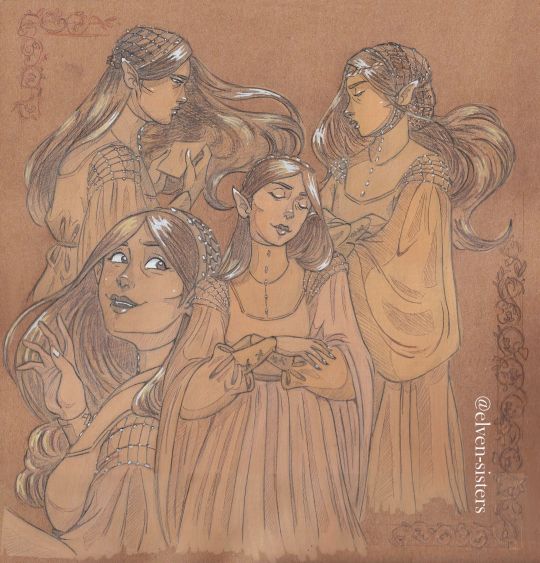
Just some silly sketches. How do you think, which Silmarilion/LOTR character is she (genderswaps are also possible!) ?⭐
#lord of the rings#lotr#tolkien#illustration#elf#middle earth#medieval core#lotr fanart#silmarillion#elves#gender bender#gender swap#genderswap#elven princess#medieval princess#fairy princess#traditional art#fairytale art#fantasy art#medieval art#medieval#medieval queen#medieval woman#cottagecore#the silmarillion#the silm art#the silm fandom#gouache painting#folklore art#elven sisters
56 notes
·
View notes
Text
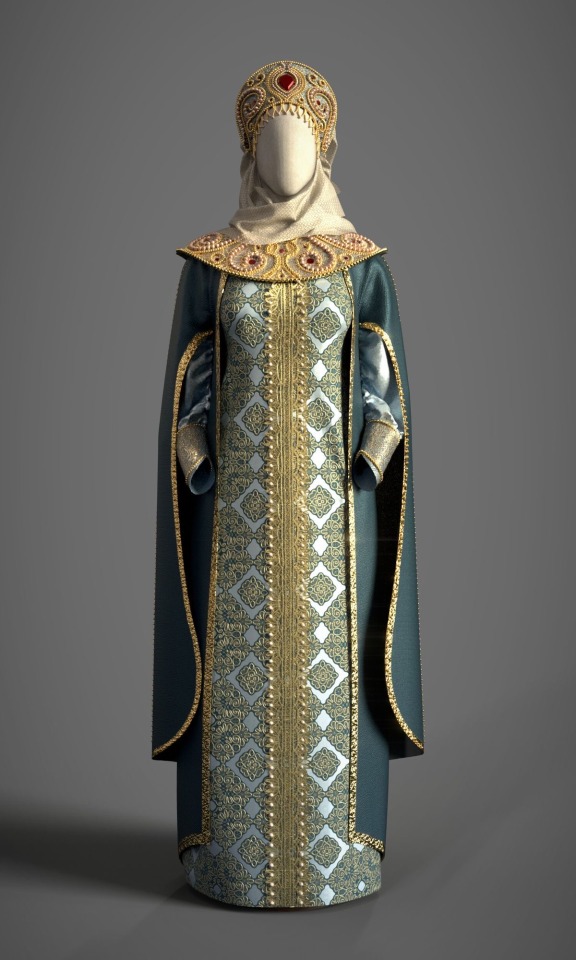
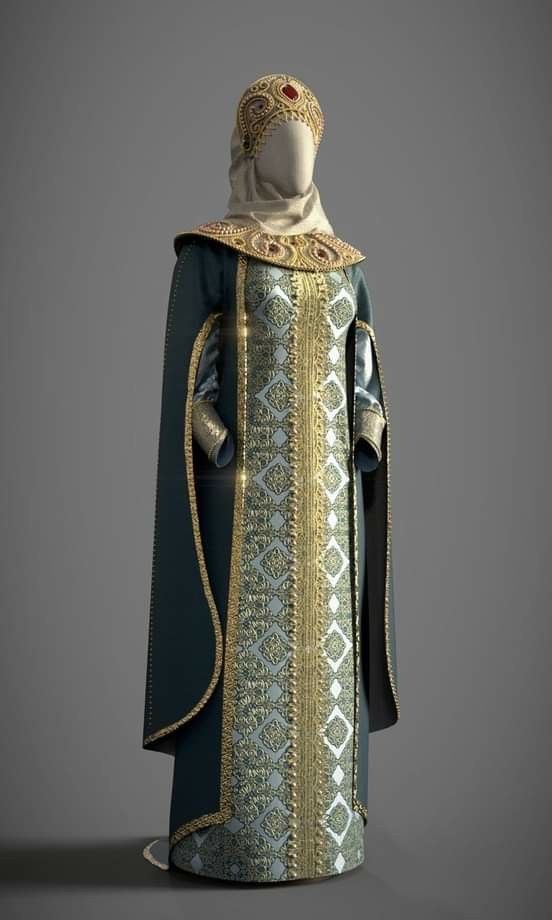
Medieval Russian Fashion ✦ Source
#medieval#medieval russia#medieval russian fashion#medieval slavic fashion#medieval ukraine#medieval ukrainian fashion#ukraine#russia#slavic#slavic fashion#russian fashion#ukranian fashion#medieval period#medieval fashion#medieval wardrobe#medieval wear#medieval dress#dress#fashion#wardrobe#wear#period fashion#period dress#medieval queen#russian#ukranian
23 notes
·
View notes
Text
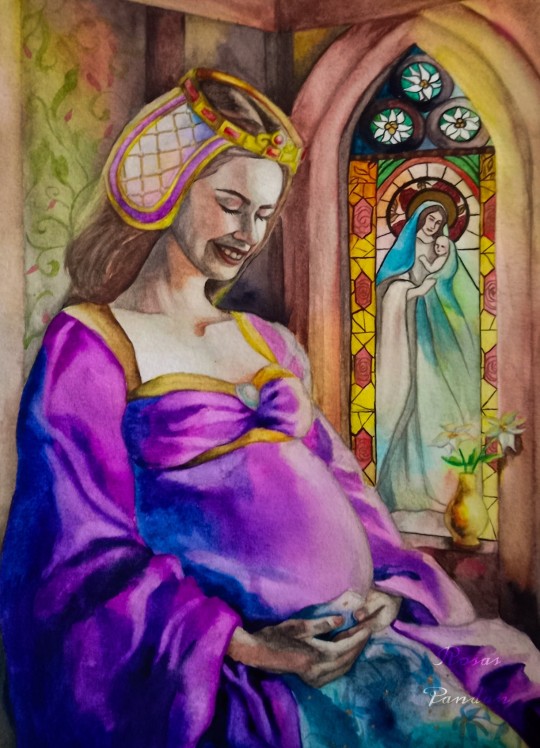
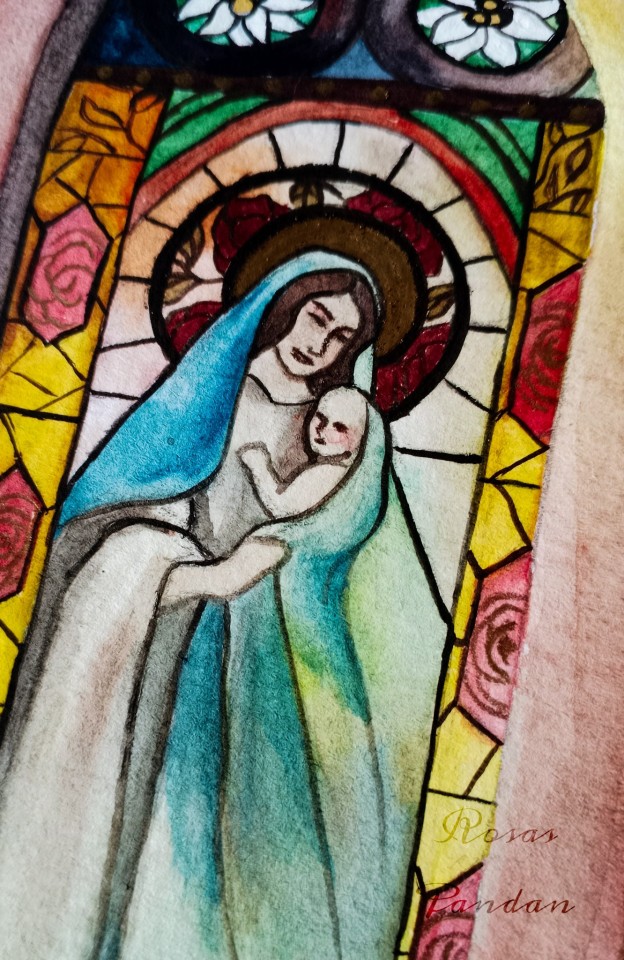
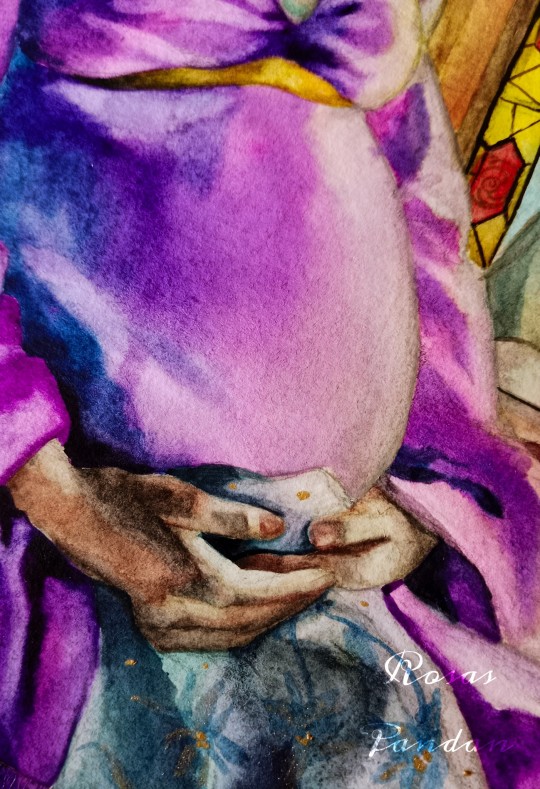
𝔗𝔥𝔢 𝔅𝔢𝔞𝔲𝔱𝔶 𝔬𝔣 𝔐𝔬𝔱𝔥𝔢𝔯𝔥𝔬𝔬𝔡
🌹🌹🌹🌹🌹
#art#watercolor#watercolor illustration#watercolor painting#medieval fantasy#medieval#medieval queen#motherhood#fairytale#fairytale art
9 notes
·
View notes
Text
youtube
Isabel I
¿Una mujer reina de Castilla?
A woman queen of Castile?
#isabel#isabel I#medieval#queen#reina#isabella i of castile#isabel de castilla#isabel i de castilla#isabella of castile#youtube#queen of kings#heir#woman#mujer#heredera#Youtube#medieval queen#history#historia#reina medieval
2 notes
·
View notes
Text
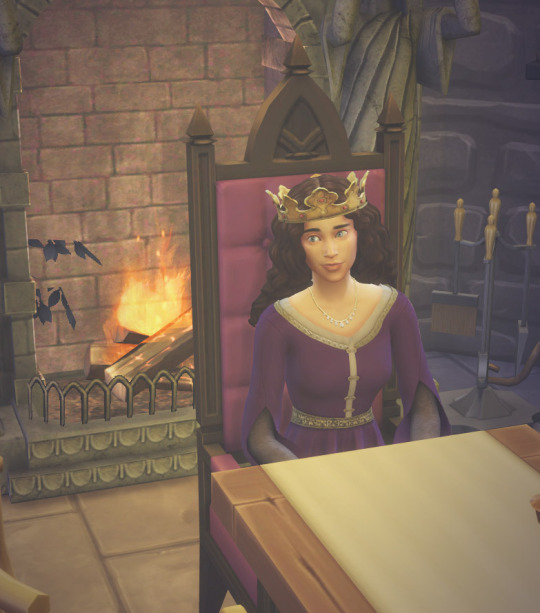
Queen Cwenhilde, the start of my Medieval Sims 4 save.
5 notes
·
View notes
Video
youtube
Eleanor of Aquitaine: Unravelling the Truths & Legends of a Medieval Queen
0 notes
Text
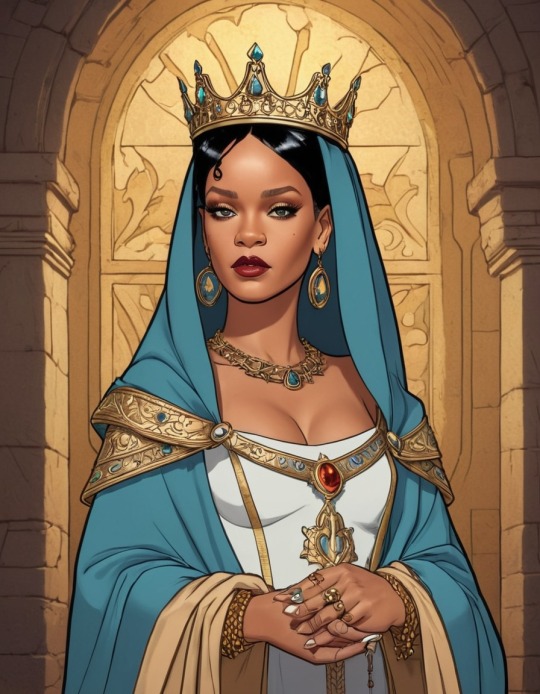
0 notes
Text
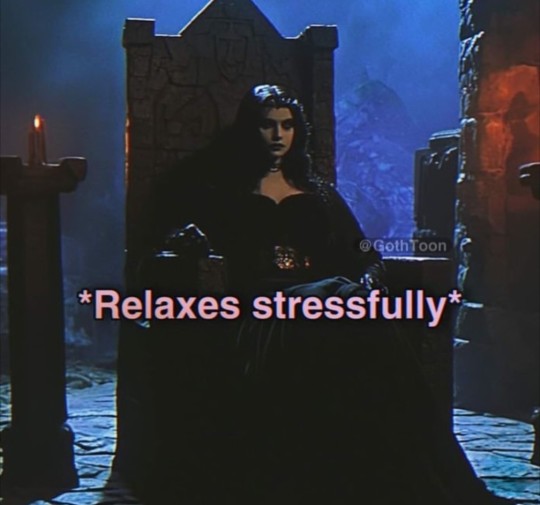
Can I offer you a meme in this trying time?
#meme#dark fantasy#dark academia#queen#goddess#goth#femme#throne#medieval#dark aesthetic#fantasy#vintage#80s aesthetic#dark
759 notes
·
View notes
Text
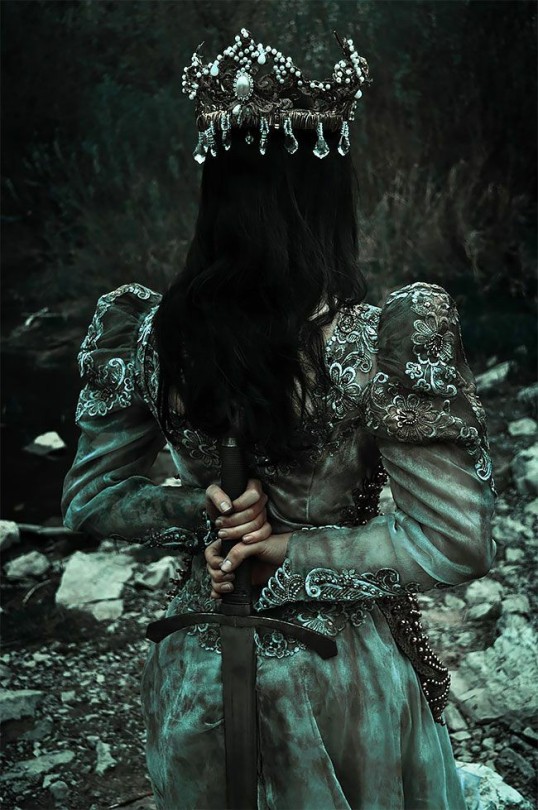
#fantasy aesthetic#gothic aesthetic#fantasy#gothic#photography#love#beauty#aesthetic#aesthetic photography#dark aesthetic#royal aesthetic#royal core#princess aesthetic#queen#crown#medieval#bookblr#dark fantasy#gothic fantasy#knightcore#mythical#sword aesthetic#epic fantasy#jude duarte#nimue#cursed#the witcher#fairycore#medieval aesthetic#wheel of time
499 notes
·
View notes
Text
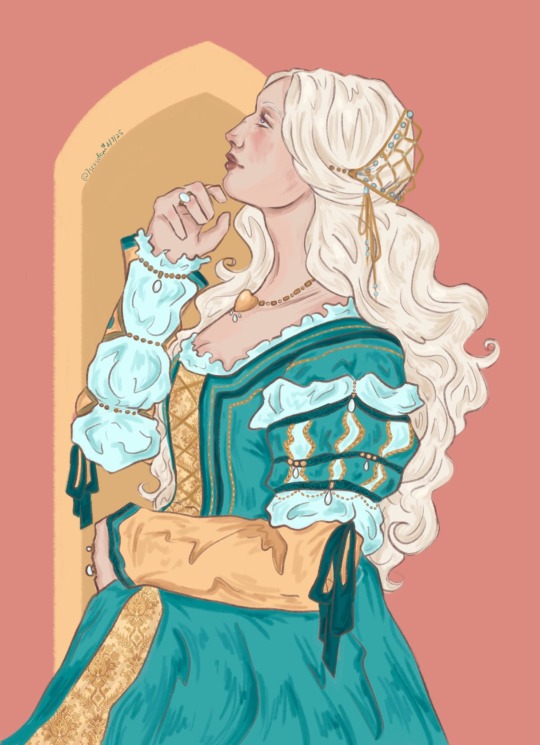
nyra in velaryon colors 👑
#art#artists on tumblr#asoiaf#game of thrones#asoiaf fanart#procreate#house of the dragon#fire and blood#rhaenyra targaryen#queen rhaenyra#princess rhaenyra#house targaryen#house velaryon#pureasoiaf#valyrianscrolls#renaissance#asoiaf fashion#medieval
377 notes
·
View notes
Text
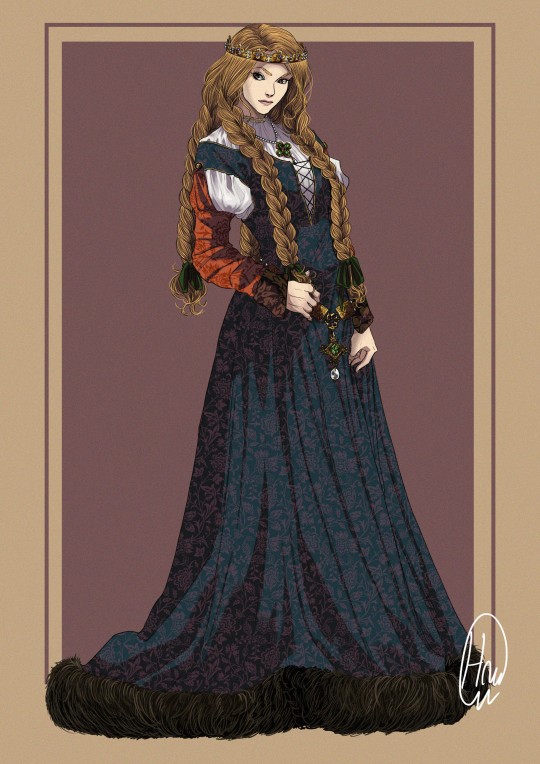
Elizabeth of York, fashion character design, c. 1479.
#the wars of the roses#15th century#medieval#middle ages#historical#british history#medieval england#art#illustration#sketch#edward iv#elizabeth woodville#elizabeth of york#henry vii#henry vi#margaret beaufort#richard iii#the white queen#the white princess#medieval fashion#character design#fanart#oc art#my art#artists on tumblr#medieval costume#house of york#plantagenets
472 notes
·
View notes
Text
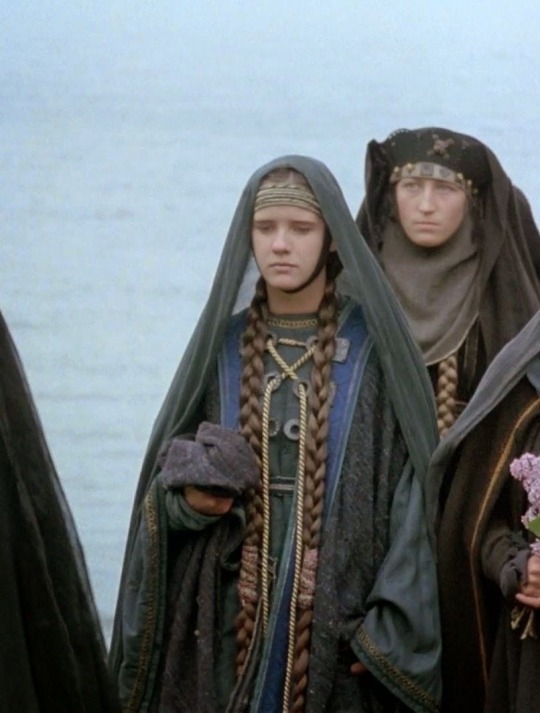
Medieval Fashion ✦ Source Unknown ✦ Found Here
#medieval fashion#medieval dress#medieval queen#medieval princess#medieval wear#medieval wardrobe#medieval#medieval period#middle ages#fashion#dress#wardrobe#wear#medieval europe
21 notes
·
View notes
Text

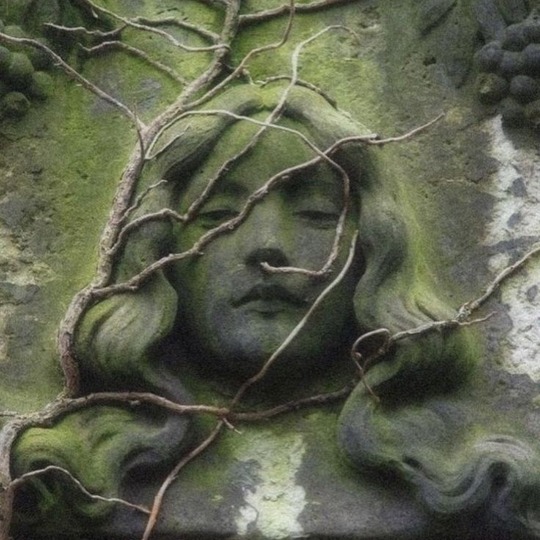

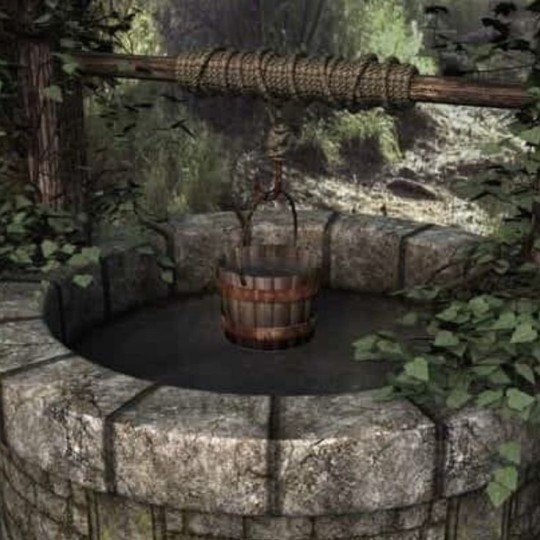
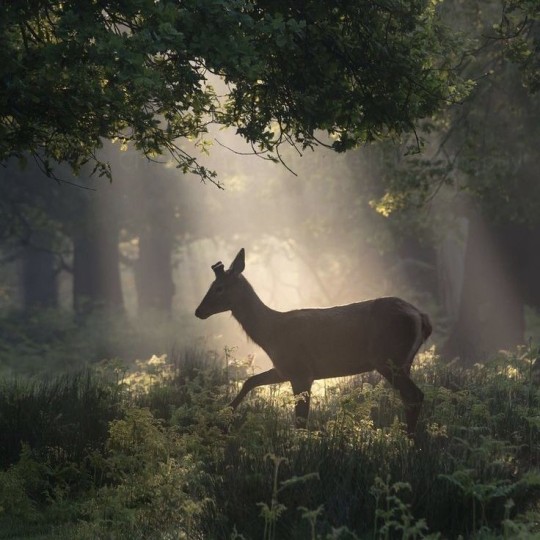
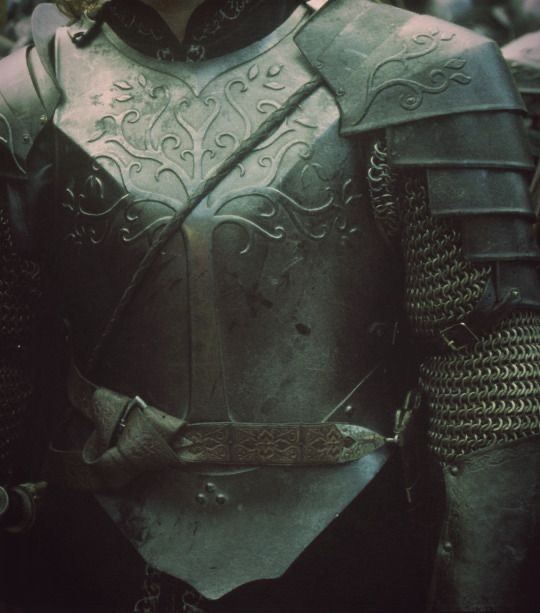
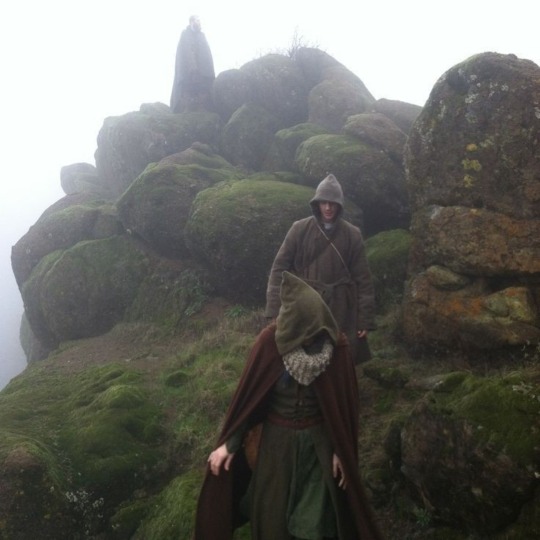
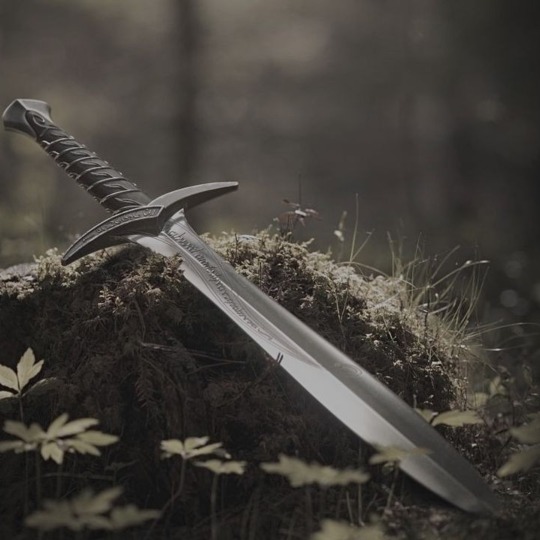
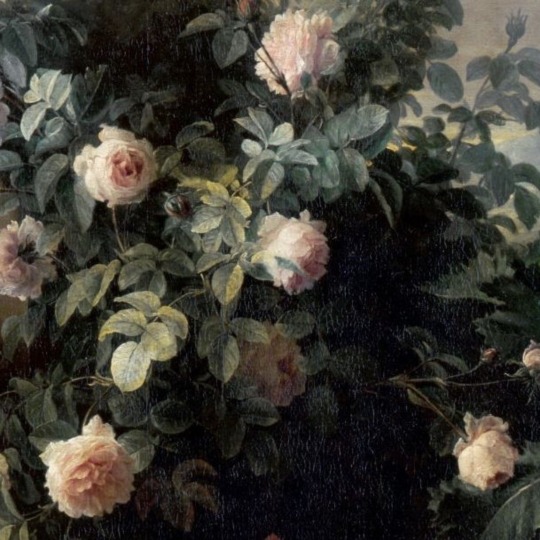
#moodboard#aesthetic#icons#indie#pinterest#naturecore#medieval#history#king and queen#castle aesthetic#castle#green academia#green aesthetic#dark green#green#green moodboard#fantasy aesthetic#fantasy#royal core#royalcore
2K notes
·
View notes
Text
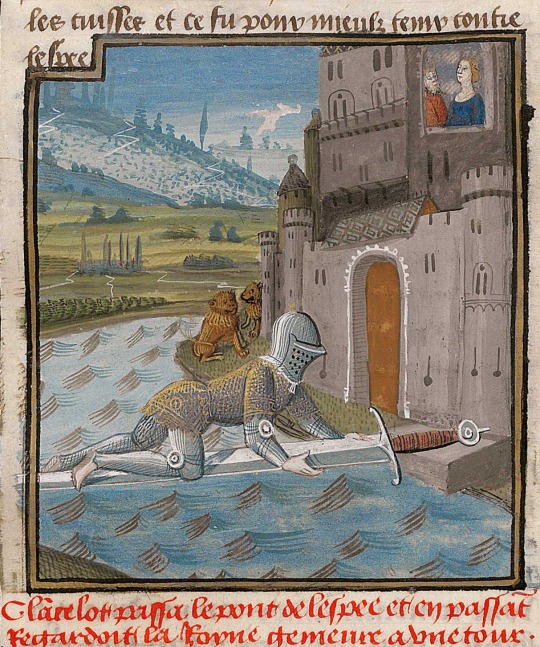
Lancelot crossing the Sword Bridge
Miniature illustration from a four-volume manuscript made for Jacques d'Armagnac, Duke of Nemours. Workshop of Évrard d'Espinques. Circa 1475.
#lancelot#launcelot#sir lancelot#arthurian#knight#knights#chivalry#chivalric romance#medieval#mediaeval#middle ages#chrétien de troyes#art#sword#bridge#guinevere#castle#camelot#meleagant#kingdom of gorre#illuminated manuscript#britain#france#mythology#queen#damsel in distress#realm#évrard d'espinques#jacques d'armagnac duke of nemours#europe
1K notes
·
View notes
Text
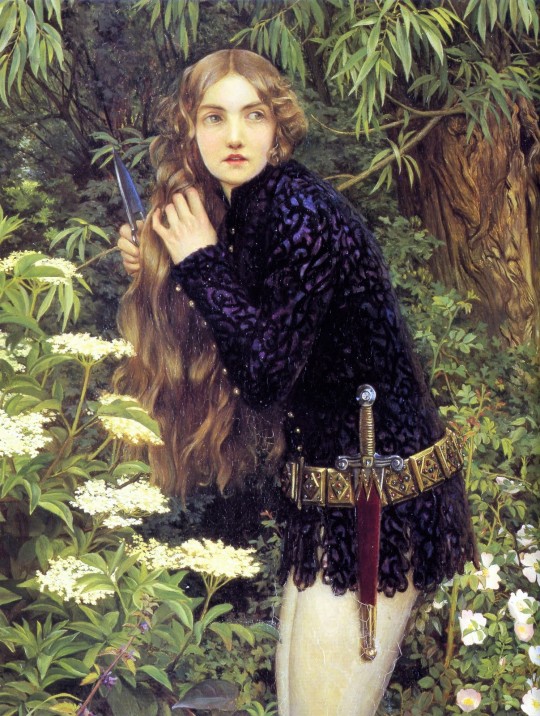
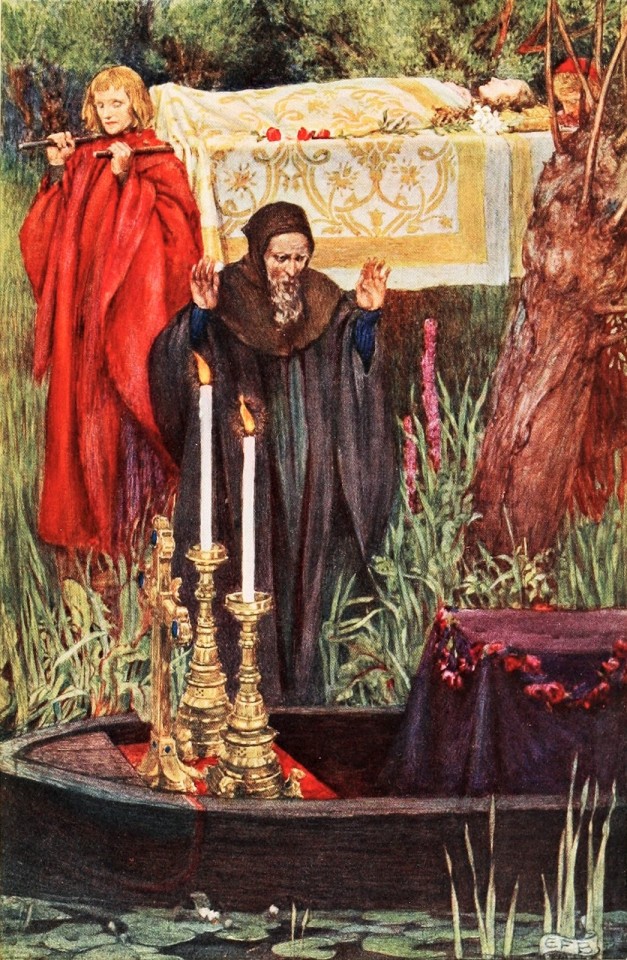
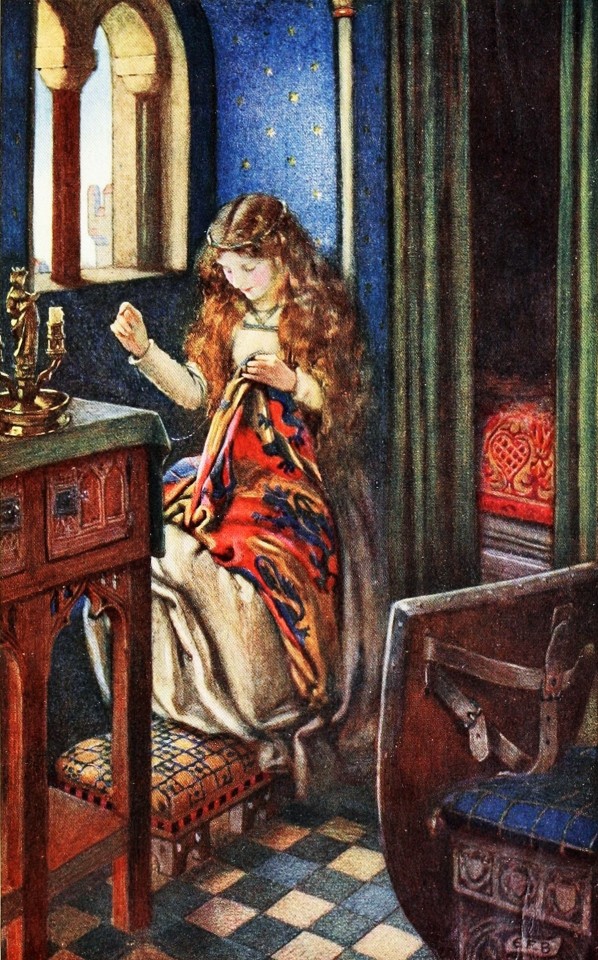
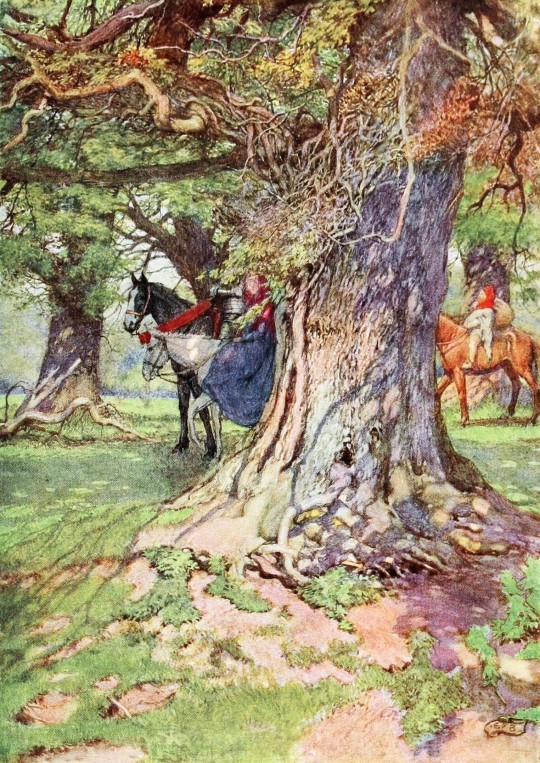
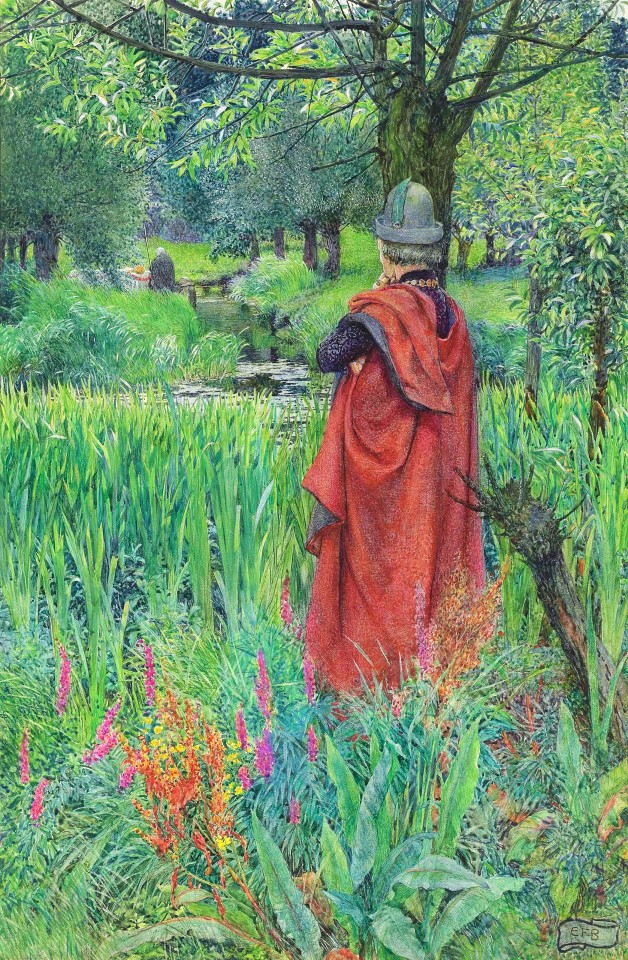
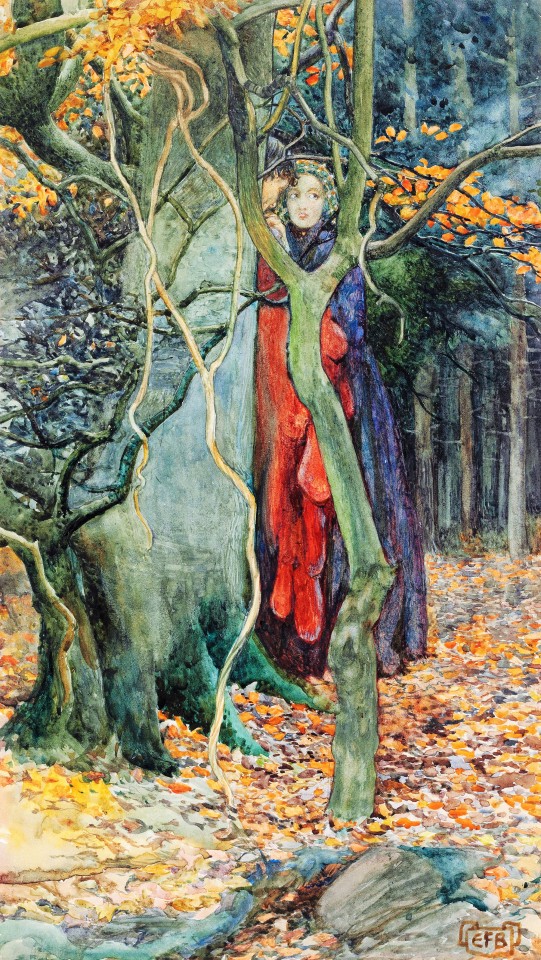
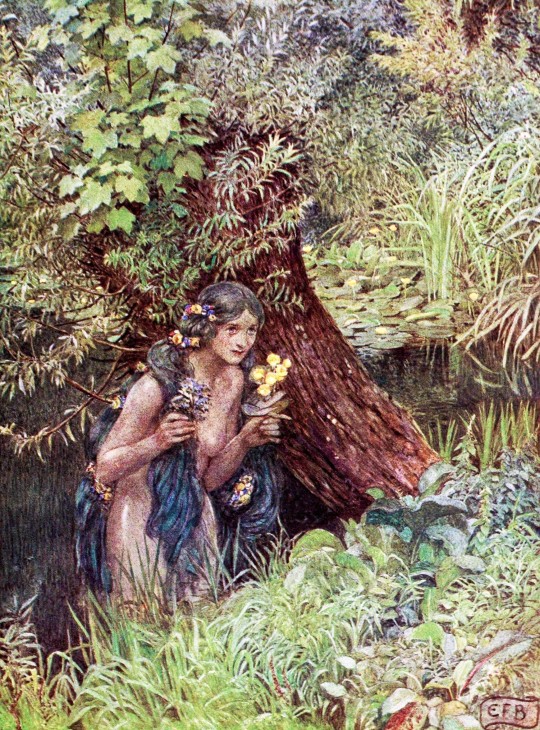
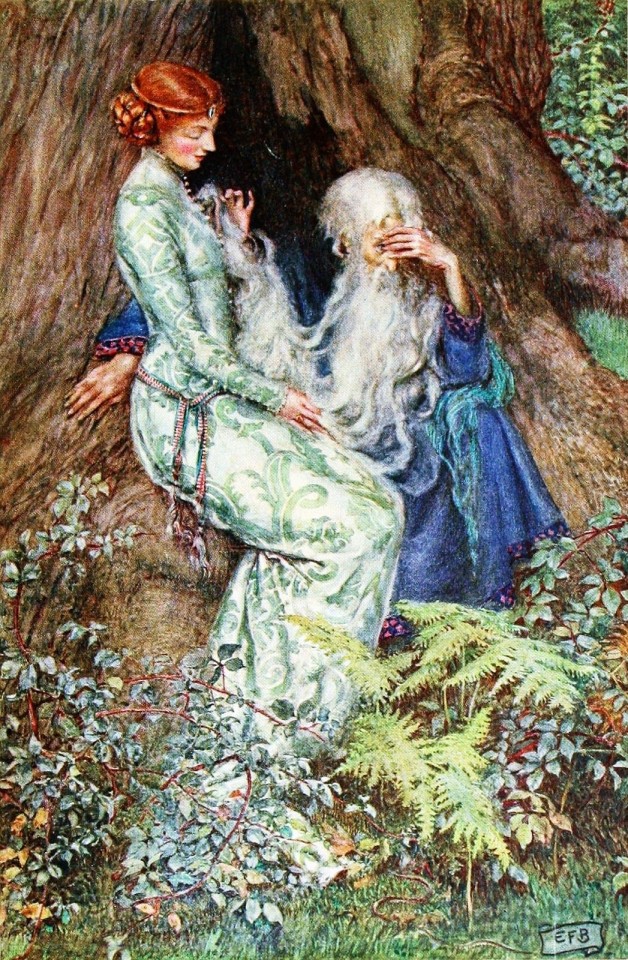
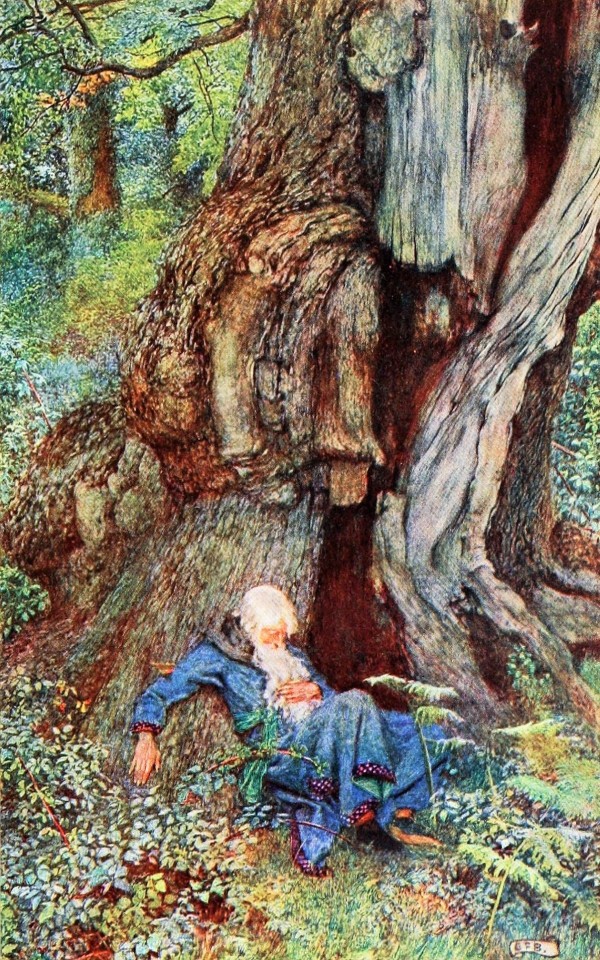
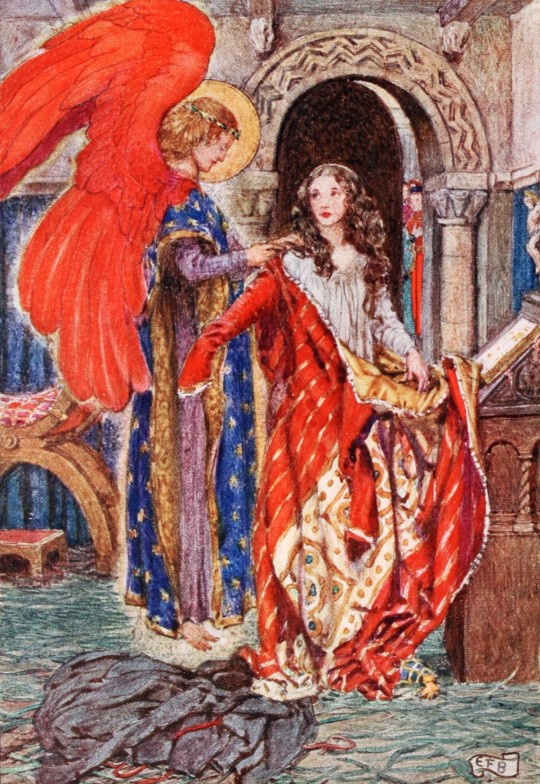
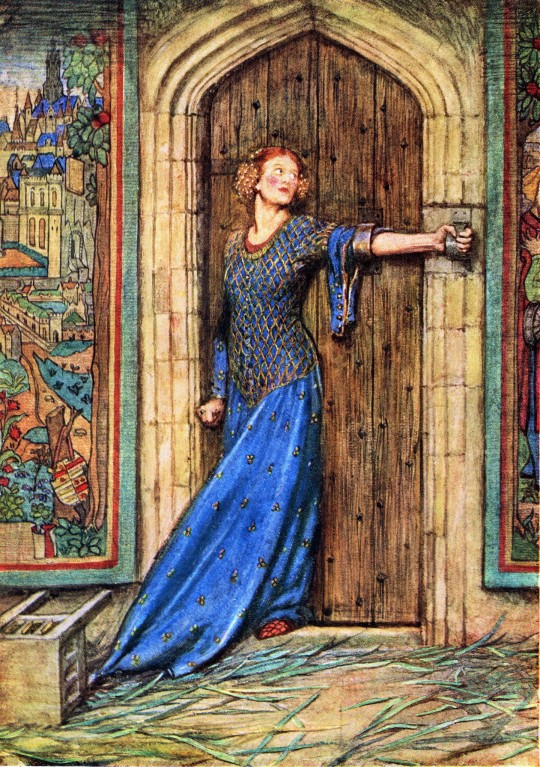
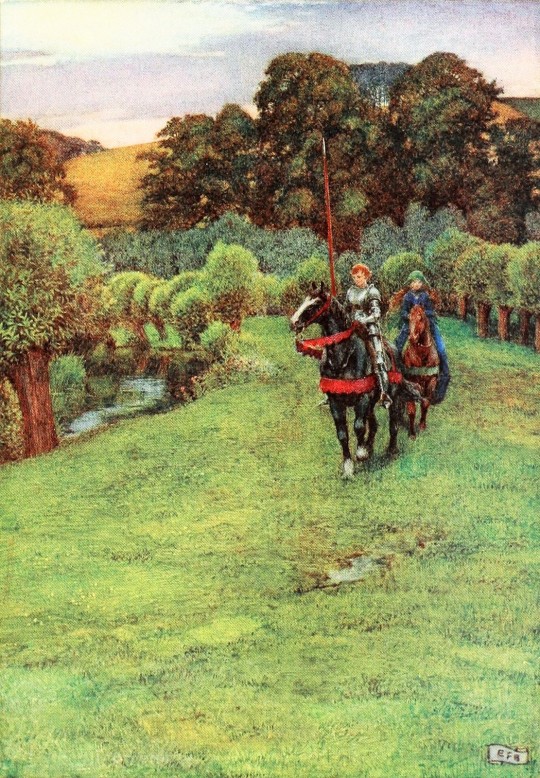
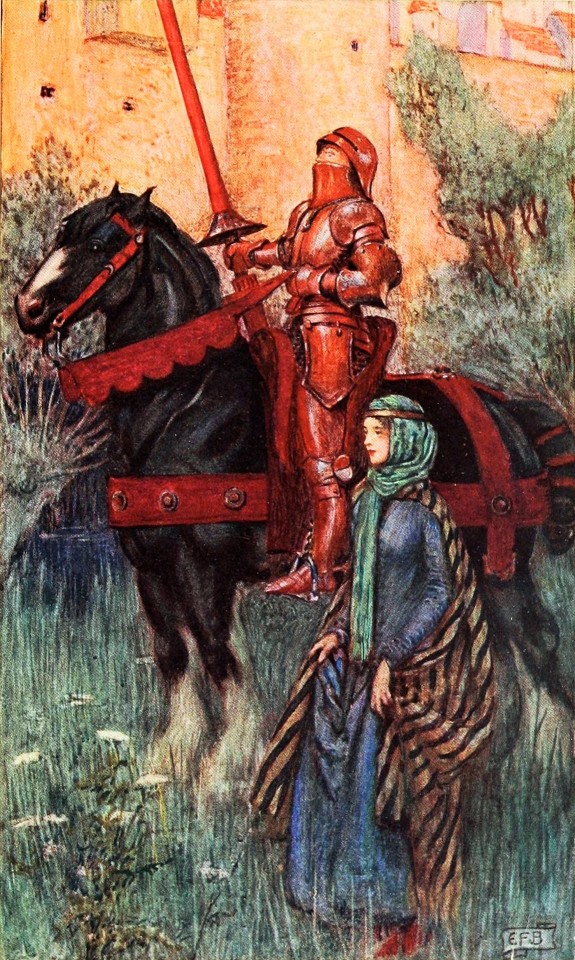
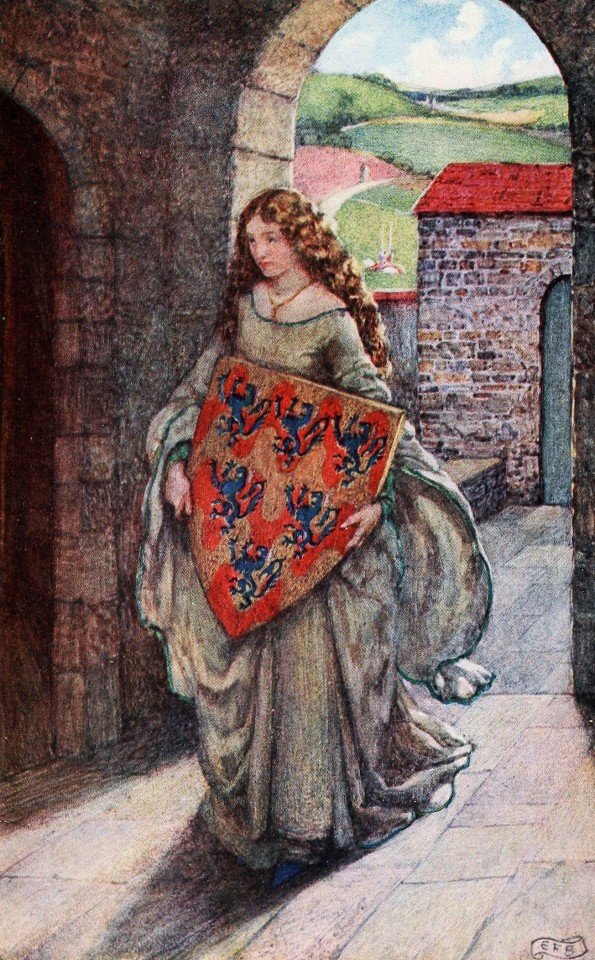
art by Eleanor Fortescue-Brickdale (1910s)
#eleanor fortescue-brickdale#arthurian legend#medieval art#book illustrations#20th century paintings#merlin the enchanter#queen guinevere#idylls of the king#kate barlass#golden book of famous women#the book of old english songs and ballads#1910s
5K notes
·
View notes